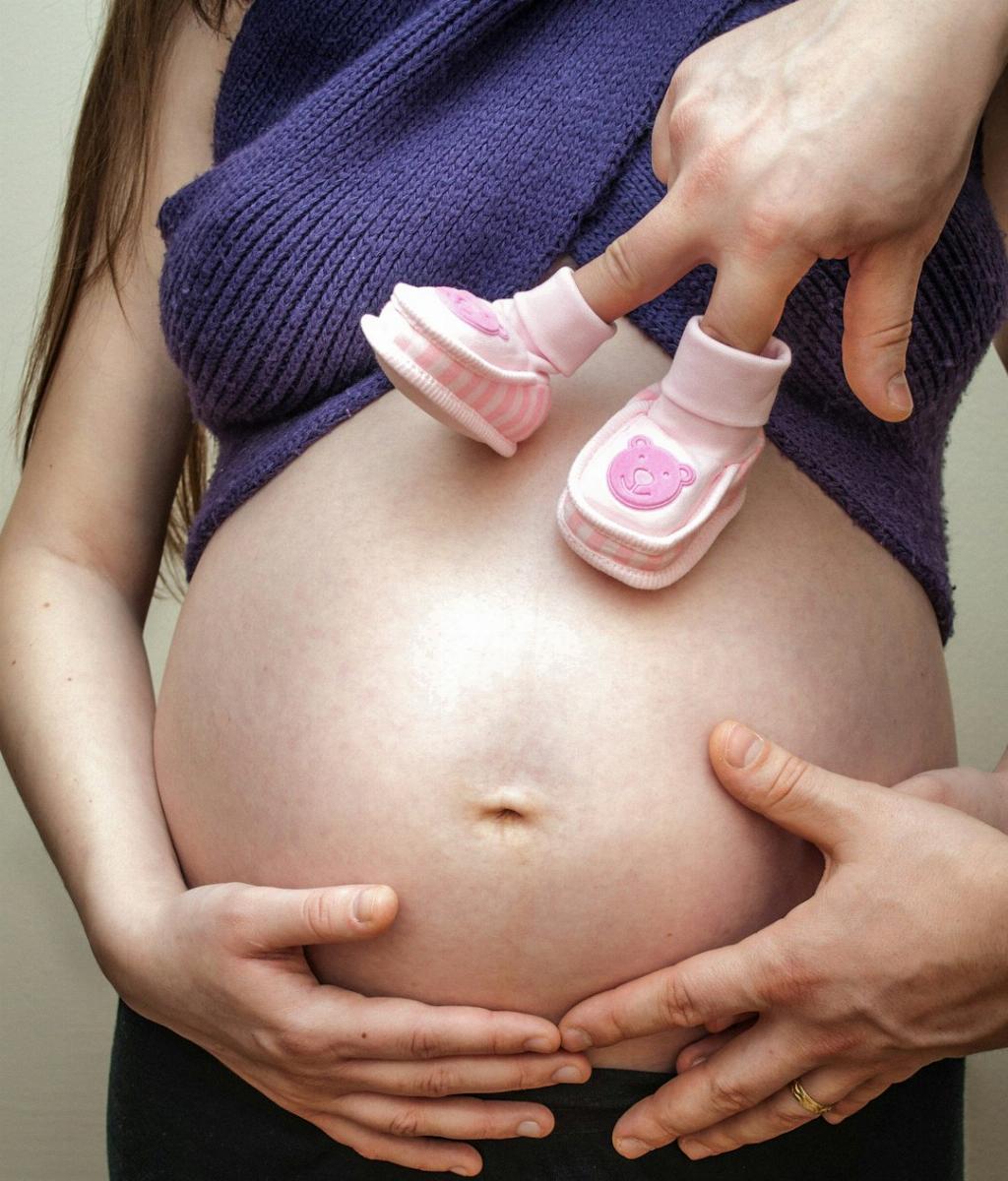When it comes to the question of whether 2 weeks pregnant is too early for an ultrasound, it’s essential to understand the development of the fetus and the capabilities of ultrasound technology. At just 2 weeks pregnant, it is important to note that the actual conception has likely only occurred in the past week, with the fertilized egg making its way to the uterus for implantation.
At this early stage, the fetus is still in the process of implanting itself into the uterine lining, and the size of the embryo is typically minuscule. Given the size and developmental stage of the fetus at 2 weeks, it would not be feasible to detect the pregnancy via ultrasound. The early signs of pregnancy, such as missed periods, may be the primary indicators at this stage.
It is important to consider that the standard recommendation for the first ultrasound scan is around 7 weeks into the pregnancy. At this point, the fetus is more developed, measuring around 5-9mm, roughly the size of a little fingernail. During the 7-week ultrasound, the early stages of fetal development become visible, with the potential to detect the flicker of a heartbeat.
Ultrasounds are powerful tools in monitoring the progression and health of a pregnancy. However, timing is crucial in ensuring accurate and informative results. Attempting an ultrasound too early, such as at 2 weeks pregnant, may result in inconclusive findings due to the limited visibility and size of the embryo.
While the excitement of early pregnancy may prompt eagerness for an ultrasound, it is essential to follow medical guidelines and recommendations. Waiting until the suggested timeline of around 7 weeks allows for a clearer and more detailed examination of the fetus, increasing the likelihood of detecting vital signs of a healthy pregnancy.
Additionally, performing an ultrasound before the recommended timeframe may lead to unnecessary anxiety and potential misinterpretation of results. Understanding the stages of fetal development and proper timing for ultrasounds is paramount in ensuring a comprehensive and accurate assessment of the pregnancy.
Each stage of pregnancy offers unique insights and milestones that are best captured through timely and appropriate prenatal care, including ultrasound examinations. While the desire to visualize the early stages of pregnancy is understandable, patience and adherence to medical best practices are crucial for the well-being of both the mother and the developing fetus.
As the pregnancy progresses, the frequency and timing of ultrasound scans may vary based on individual circumstances and healthcare provider recommendations. However, initiating the first ultrasound around 7 weeks enables healthcare professionals to gather essential information regarding the fetus’s growth and development, providing valuable insights into the pregnancy’s overall health.
Ultimately, while the anticipation of the first ultrasound may be high, waiting until around 7 weeks pregnant ensures a more optimal and informative experience. Early prenatal care, including appropriate timing of ultrasounds, contributes to a thorough assessment of the pregnancy’s progress and supports positive maternal and fetal outcomes.
In conclusion, 2 weeks pregnant is indeed too early for an ultrasound, given the limited visibility and size of the embryo at this early stage. By adhering to the recommended timeline of around 7 weeks for the first ultrasound, healthcare providers can conduct a comprehensive examination of the fetus, enabling the detection of vital developmental markers and ensuring the best possible care for both the mother and the growing baby.

